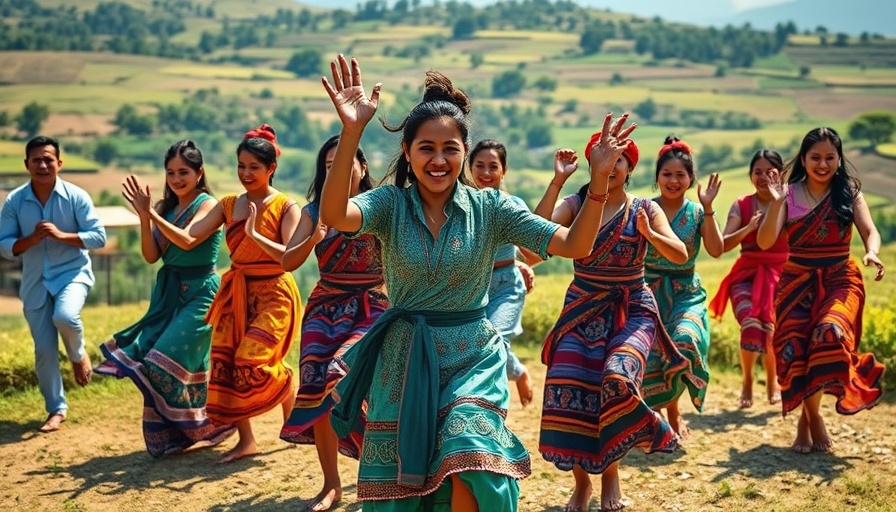
The Resurgence of Blackfoot Culture in Canada
The recent documentary Canada - The return of the Blackfoot highlights the vibrant traditions of the Blackfoot nation and raises critical questions about cultural resilience. The Blackfoot, historically known as skilled horsemen and warriors, endured centuries of colonization but are witnessing a remarkable resurgence as they reconnect with their identity and heritage.
In 'Canada - The return of the Blackfoot', the documentary explores the revival of Blackfoot culture, inviting a deeper examination of its implications for indigenous rights and cultural identity worldwide.
Understanding the Significance of Land and Ancestry
Half a world away, in Africa, similarities can be drawn between the struggles of the Blackfoot people and various indigenous communities throughout the continent. Land for both groups is not just soil; it symbolizes cultural identity, history, and the essence of their being. The Blackfoot confederacy lost most of its lands due to treaties signed under duress, reminiscent of the countless land grievances across Africa. Such realities prompt a need for acknowledgment and reparative justice in both contexts.
The Role of Horses in Blackfoot Culture
Horses are indispensable to the Blackfoot culture; their significance goes beyond transportation or sport. For 300 years, the Blackfoot have revered horses as emblematic of wealth and social standing. This resonates with many African cultures where animals signify heritage and community bonds. The depiction of horse trainers in the documentary also invites reflection on compassion and humane treatment toward animals—a concept increasingly vital in various cultural narratives today.
Modern Challenges and the Pursuit of Identity
The challenges faced by Blackfoot communities, including economic barriers and mental health struggles linked to a legacy of colonization, can also be seen across Africa. As individuals like Kyle Young Pine navigate sobriety and cultural revival, they symbolize a broader movement toward healing and restoration among indigenous people everywhere. The documentary encourages viewers to consider the importance of cultural identity in overcoming personal and collective struggles.
Conclusion: A Call for Global Awareness and Support
As documentary enthusiasts, especially those based in Africa, it is vital to recognize that cultures around the globe share interconnected stories. The resilience of the Blackfoot is not just worthy of admiration but demands collective action and support to preserve indigenous identities everywhere. With every cultural revival story, we find opportunities to advocate for equity, recognition, and justice for marginalized voices. Exploring these narratives fosters a deeper understanding of our world's complexities, urging us to act as global citizens committed to advocacy and change.
 Add Row
Add Row  Add
Add 




Write A Comment